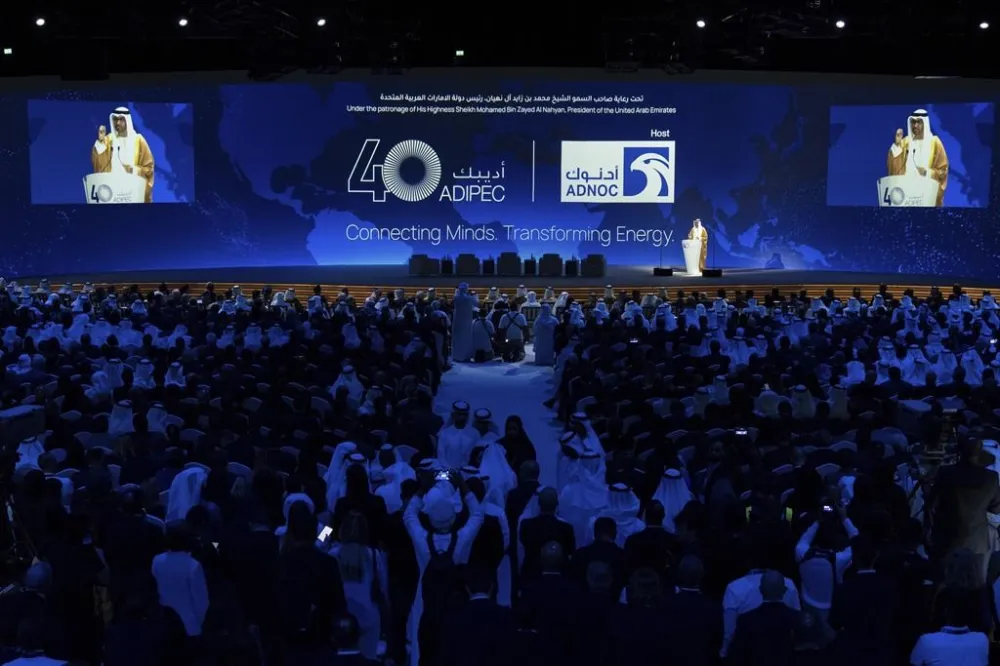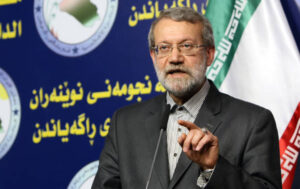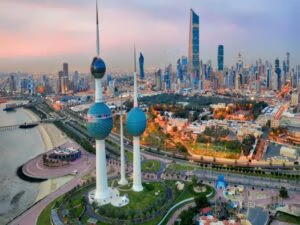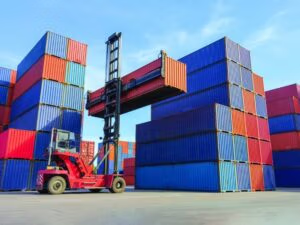Abu Dhabi hosted one of the year’s most closely watched energy summits on Monday, just hours after the OPEC+ alliance announced it would halt further oil production increases planned for the first quarter of 2026. The move, aimed at stabilizing prices amid growing fears of oversupply, underscored the fragile balance facing global producers as geopolitical tensions mount.
The OPEC+ decision follows new sanctions imposed by both the United States and the United Kingdom targeting Russia’s energy sector over its ongoing war in Ukraine. The latest measures hit major players, including Rosneft and Lukoil — the latter’s red-and-white logo was prominently displayed as a sponsor at the Abu Dhabi International Petroleum Exhibition and Conference (ADIPEC), held in the UAE capital.
While the United Arab Emirates has maintained close ties with Russia despite the conflict, it continues to play a diplomatic role as an interlocutor between Moscow and Kyiv, facilitating prisoner exchanges and humanitarian negotiations.
OPEC+ — which includes the 13-member cartel and its allies led by Russia — met on Sunday and initially approved a modest output increase of 137,000 barrels per day starting in December. However, the group opted to pause additional production adjustments planned for January through March 2026, citing “seasonality.”
Benchmark Brent crude traded around $65 a barrel on Monday — sharply lower than the post-COVID peak of $115 a barrel seen after Russia’s full-scale invasion of Ukraine in 2022. Prices have slipped further in recent weeks, nearing $60 a barrel, amid growing concerns that global supply is once again outpacing demand.
“Yes, OPEC+ is blinking, but it’s a calculated move,” said Jorge León, head of geopolitical analysis at Rystad Energy. “Sanctions on Russian producers have injected a new layer of uncertainty into supply forecasts, and the group knows that overproducing now could backfire later. By pausing, OPEC+ is protecting prices, projecting unity, and buying time to see how sanctions play out on Russian barrels.”
Meanwhile, U.S. President Donald Trump’s administration continues to push for greater domestic production. Interior Secretary Doug Burgum, a former North Dakota governor and chair of Trump’s National Energy Dominance Council, attended the Abu Dhabi summit, highlighting Washington’s focus on energy self-sufficiency. In the U.S., the average price of gasoline stood at $3.03 per gallon on Monday — a politically sensitive benchmark ahead of next year’s elections.
The ADIPEC summit — one of the largest annual gatherings of the global energy industry — comes nearly two years after the UAE hosted the COP28 climate talks, where nearly 200 nations agreed for the first time to transition away from fossil fuels. Yet, even as the UAE accelerates investments in clean energy, it remains committed to expanding its oil production capacity to 5 million barrels per day in the coming years.
The developments in Abu Dhabi capture the global energy sector’s defining tension: how to balance economic ambition, geopolitical pressure, and climate responsibility in an increasingly volatile market.






